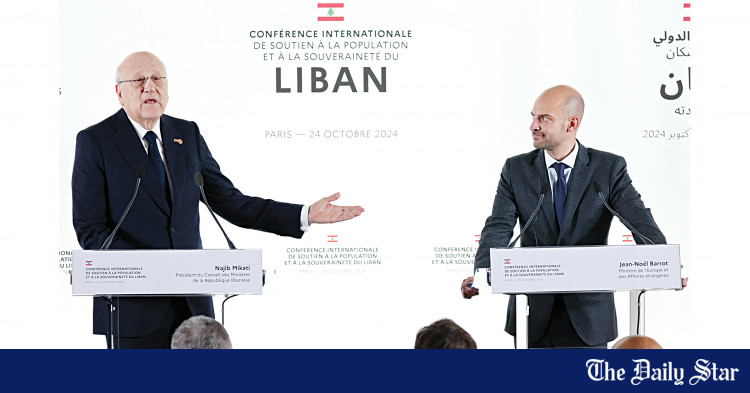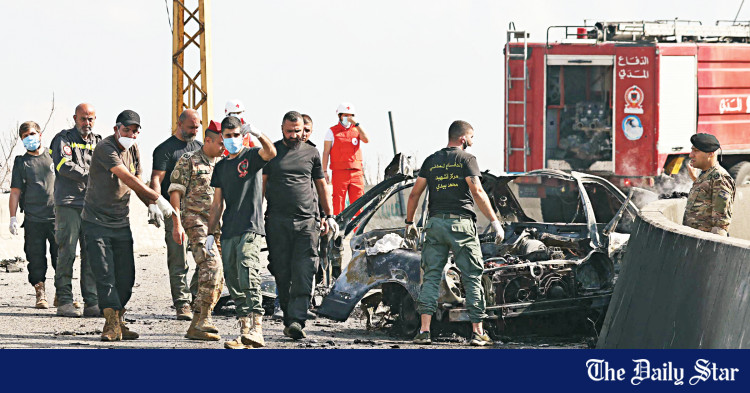Saif
Senior Member
- Messages
- 14,830
- Reaction score
- 7,674
- Origin

- Residence

- Axis Group

- Copy to clipboard
- Thread starter
- #101
Read the entire article below:I have many Nepalis working here with me in my office. India, Nepal has visa less commutation. Only, both government has some issues. Basically, Nepalis and Indias are brothers with same culture. We love one other. I do not remember any conflict between Nepalis and Hindus ever like what I have seen between Hindus and Muslims and Among Differant groups of Muslims Themselves. Lucknow has a long history of Riots between Shias and Sunnis. In Kashmir, Wahabis did not spare any Sufi Shrine. Forget about Hindu temples. Security gus in our flat is a Nepali guy. The guy who cleans my car is a Nepali. They are very happy to work with Hindus in India. We have over 5 million Nepalis working in India. Infact, they are given preferential treatment over other locals.

Lipulekh, Kalapani and Limpiyadhura: The border areas which stoked India-Nepal currency row
India reacted to the row, stating Nepal’s actions will not change the ground reality

 War Archive
War Archive










